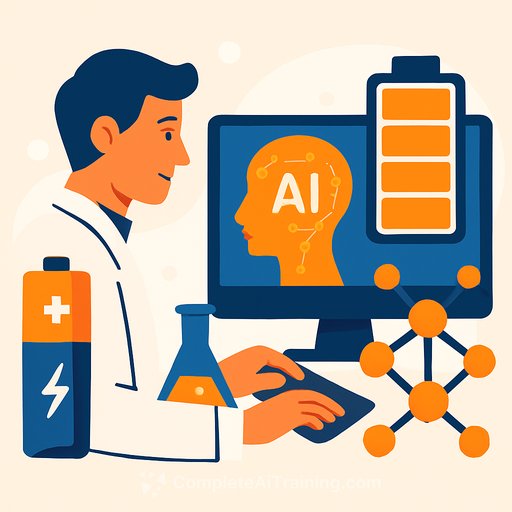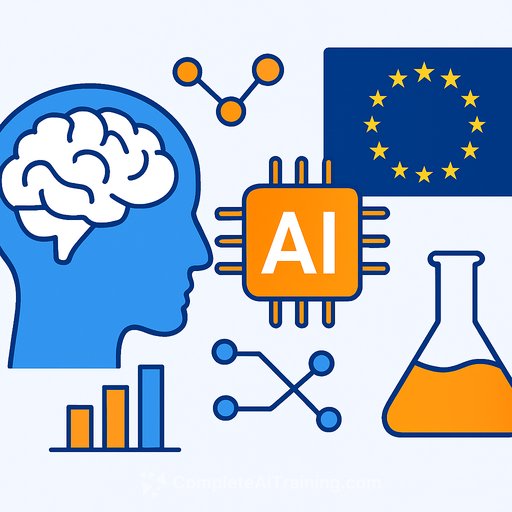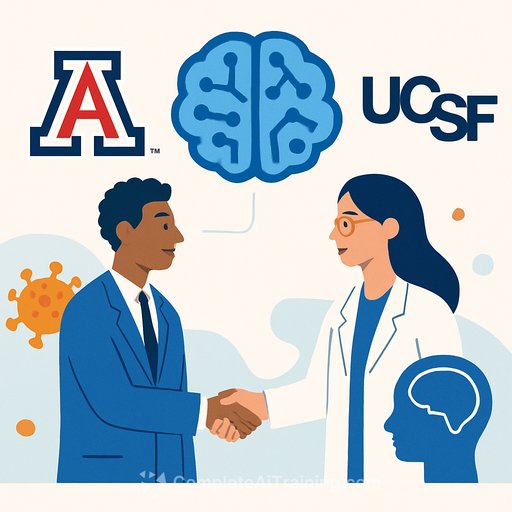Building AI Foundation Models to Accelerate Discovery of New Battery Materials
Access to advanced high-performance computing systems like Aurora and Polaris is enabling researchers to develop AI models that predict promising new materials for battery electrolytes and electrodes. These AI foundation models analyze vast datasets to identify material candidates that could improve battery performance, safety, and lifespan.
By leveraging the computational power of these systems, scientists can simulate and evaluate a wide range of chemical compositions and structures much faster than traditional experimental methods allow. This approach shortens the timeline for discovering innovative battery components that meet the demands of energy storage applications.
How AI Models Improve Battery Material Research
- Data-driven predictions: AI models process large volumes of experimental and theoretical data to predict properties of new materials with high accuracy.
- High-throughput screening: Automating the evaluation of thousands of candidate materials helps focus experimental efforts on the most promising options.
- Reduced costs and time: Computational predictions minimize the need for costly trial-and-error lab experiments.
Electrolytes and electrodes are essential components that determine a battery’s efficiency and durability. Developing new materials for these parts is critical for advancing battery technology, especially for electric vehicles and renewable energy storage.
Role of Aurora and Polaris Supercomputers
Aurora and Polaris provide the computational resources necessary to train large AI models and run complex simulations. Their processing power supports the integration of machine learning algorithms with materials science, enabling researchers to explore chemical spaces at unprecedented scales.
Such computing infrastructure accelerates the pace of innovation by making it feasible to test hypotheses and generate predictions that guide experimental validation. This synergy between AI and supercomputing is a key factor in driving forward battery materials research.
For those interested in expanding their knowledge of AI applications in science, Complete AI Training offers courses tailored to scientific and computational professionals.
Your membership also unlocks:






